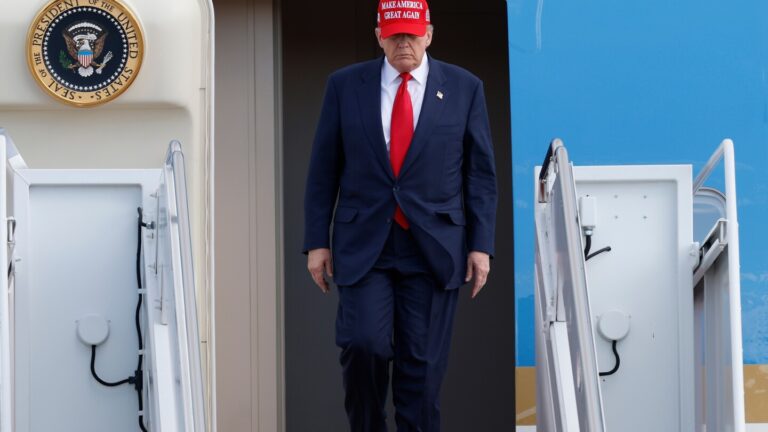Federal Judges Rule to Ensure SNAP Funding Amid Government Shutdown
In a significant legal development, two federal judges ordered the Trump administration on Friday to continue funding the Supplemental Nutrition Assistance Program (SNAP) using contingency funds during the ongoing government shutdown. This ruling comes just a day before the U.S. Department of Agriculture (USDA) intended to halt payments for the program, impacting the grocery budgets of millions of Americans.
Impact of SNAP on American Families
SNAP is a crucial lifeline for approximately 42 million Americans, representing about 1 in 8 residents. The program, which has been in existence since the mid-1960s, provides essential food assistance to low-income individuals and families, many of whom are employed but struggle to make ends meet. Alarmingly, there were fears that the shutdown would lead to a cancellation of benefits for SNAP recipients starting November 1, prompting states and food banks to scramble for solutions.
Background on the Rulings
The rulings by the judges were timely responses to fears that the shutdown would severely disrupt an essential social safety net. States had reported plans to utilize their own resources to sustain SNAP temporarily if federal aid were to cease. The USDA’s decision to freeze payments could have had dire consequences for vulnerable populations relying on this support.
Challenges Ahead for SNAP Recipients
While the court’s decision ensures funding continuity, it remains uncertain how quickly the electronic benefit transfer (EBT) cards used by beneficiaries will be reloaded. Historically, processing times for these updates can take one to two weeks, meaning immediate relief for many households may still face delays.
Legal Challenges Faced by the Trump Administration
As legal battles unfold over SNAP funding, New York Attorney General Letitia James is also contesting subpoenas issued by the Trump administration related to investigations of cases against the president. James argues that the subpoenas are politically motivated and that the Justice Department lacks the authority to pursue them. These developments highlight the complex interplay between legal rulings, governmental authority, and social welfare.
Corporate Responses to the SNAP Crisis
Companies like Instacart and DoorDash are stepping up to support SNAP recipients during this turbulent time. Instacart announced a 50% discount on grocery orders for individuals utilizing SNAP benefits, a move designed to alleviate some of the pressures from anticipated funding disruptions. Such corporate initiatives reflect a growing trend of businesses engaging in social responsibility, particularly during times of governmental inadequacy.
Conclusion and Looking Ahead
With judges expecting updates on SNAP funding from the administration by Monday, the situation remains fluid. Senators are calling for immediate action to prevent any political maneuvering from hindering food assistance. As the government shutdown stretches on, these developments underscore the essential role of SNAP in the social safety net while raising critical questions about administrative accountability and support for America’s most vulnerable populations.
